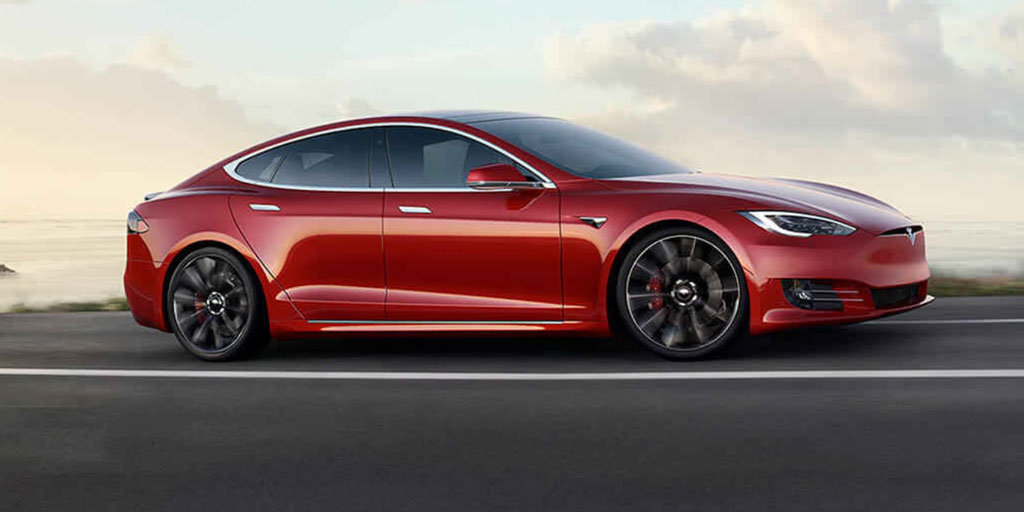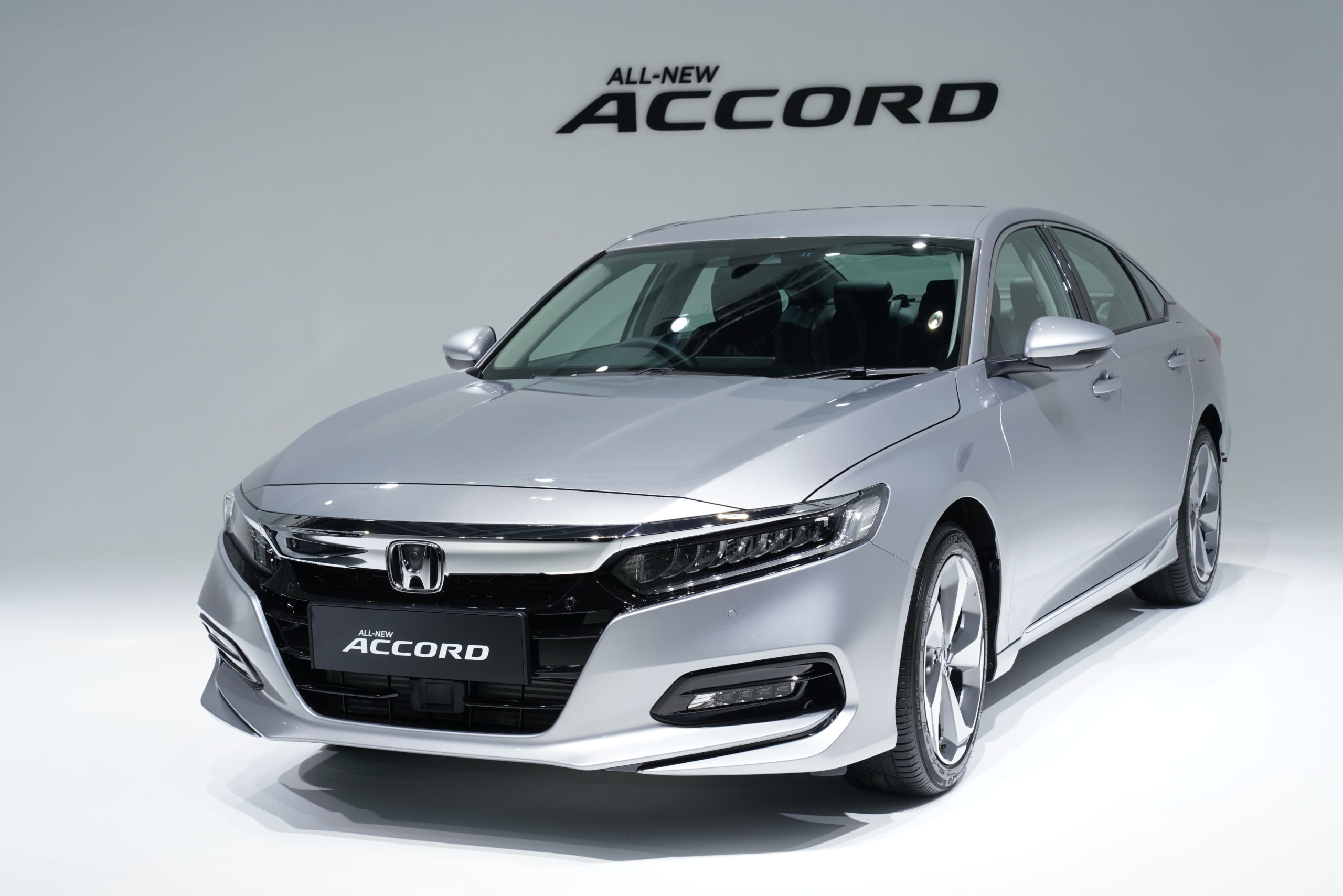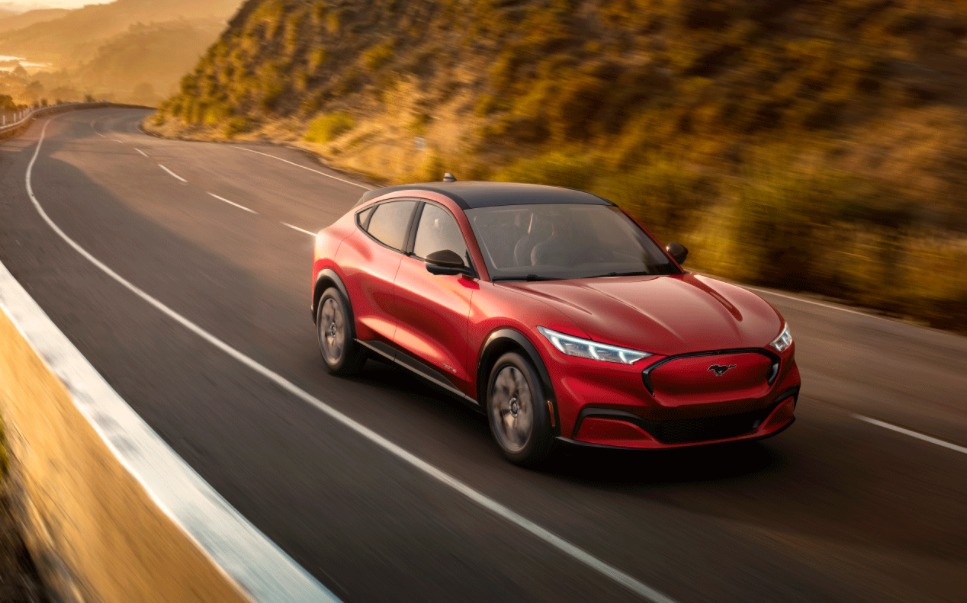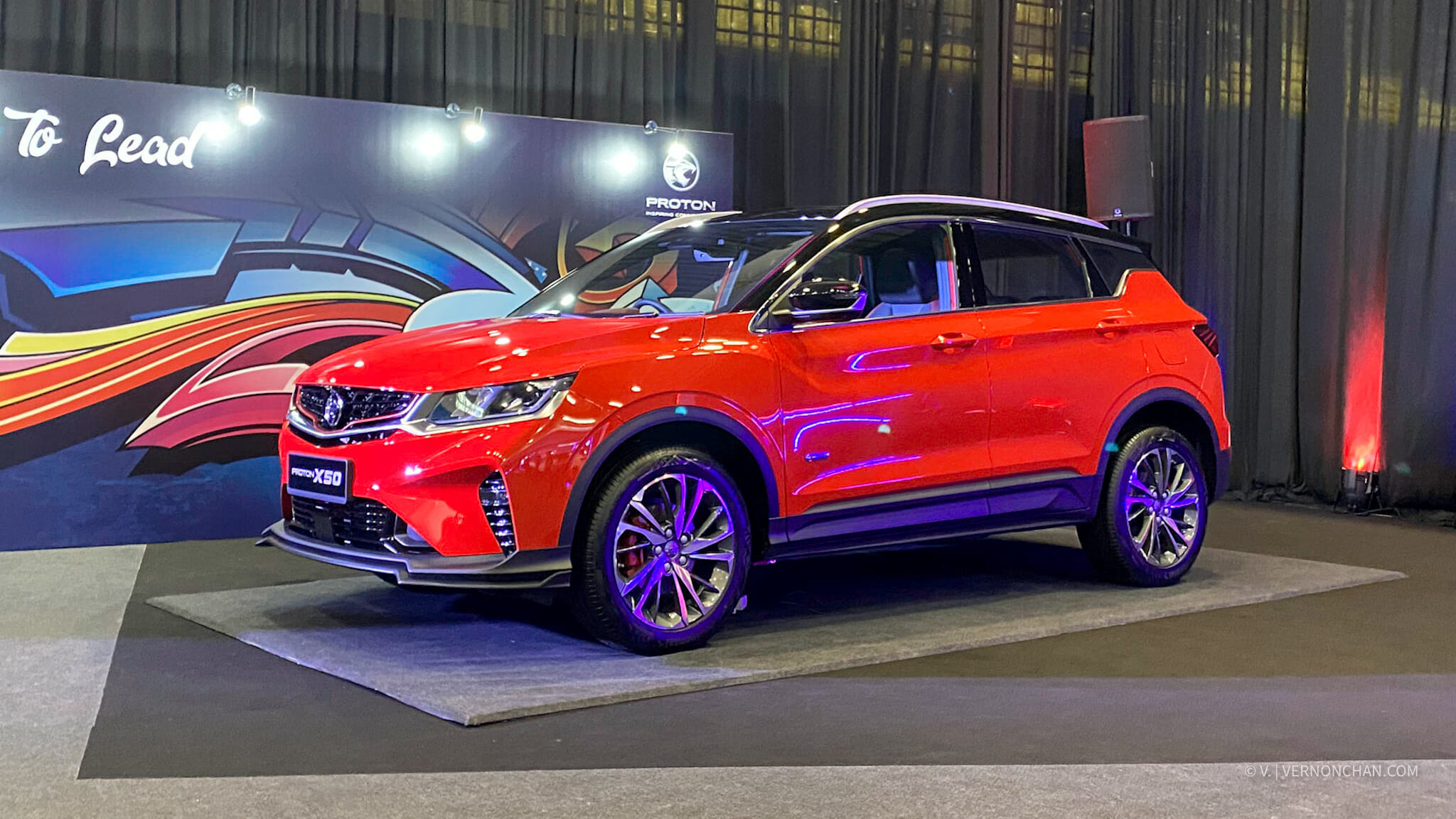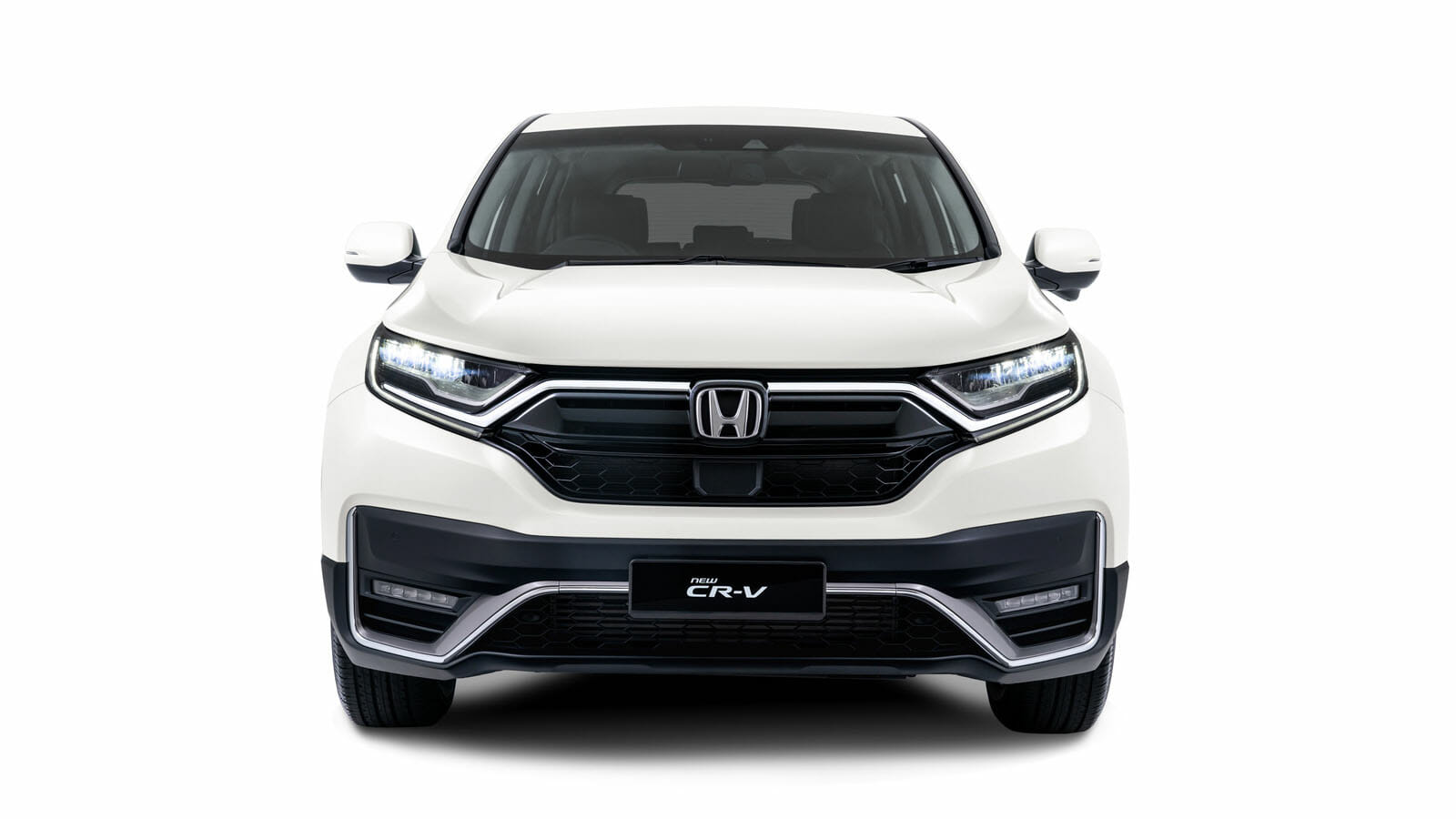Tesla has issued a recall for 123,000 units of its Model S electric cars to address a fault in the power steering system. The recall affects Model S sedans built before April 2016.
Tesla said in a letter to affected owners:
We have observed excessive corrosion in the power steering bolts, though only in very cold climates, particularly those that frequently use calcium or magnesium road salts, rather than sodium chloride (table salt). Nonetheless, Tesla plans to replace all early Model S power steering bolts in all climates worldwide to account for the possibility that the vehicle may later be used in a highly corrosive environment.
If the bolts fail, the driver is still able to steer the car, but increased force is required due to loss or reduction of power assist. This primarily makes the car harder to drive at low speeds and for parallel parking, but does not materially affect control at high speed, where only small steering wheel force is needed.
The recall affects over half of all Model S vehicles sold to date. Tesla’s Model S surpassed 200,000 units sold in the fourth quarter of last year, with half of those in the US.
This isn’t the first time Tesla has recalled the Model S. The first happened in 2013, affecting vehicles manufactured between May 10, 2013 and June 8, 2013.
The company, subsequently issued recalls four times more between January 13, 2014 till April 20, 2017 to rectify various faults.
The current recall, however, is the biggest to date.
As a quick backgrounder, the Model S is manufactured at the Tesla factory in Fremont, California. The very first few Model S cars were delivered in June 2012.
The car was the top-selling plug-in electric car worldwide in 2015 and 2016, only to be booted off the top by the Nissan Leaf at the end of 2017.
The Model S is offered in several versions with differing energy capacity, power and equipment. The battery capacity is denoted the number in the model number. The original Tesla S had a 45kWh battery which gave it a range of 220km, while the 60kWh battery returned 335km on a full charge.
Tesla later introduced All-Wheel Drive (AWD) version of the Model S 60, 85 and P85 models, denoted by the D at the end of the model number.
In 2017, the Model S 70D became its new entry-level car, with a range of 385km.
Of course, in between that Tesla also launched the ludicrous Model P100D, which is capable of accelerating from 0-100kmh in 2.5s. This while returning a range of 507km.
Learn more about the Tesla Model S here.
Via Ars Technica


